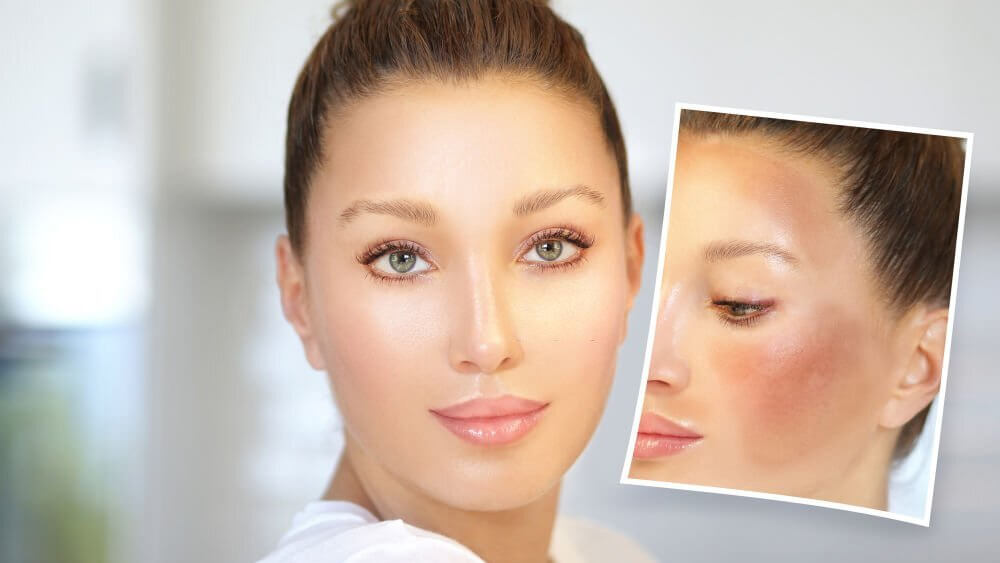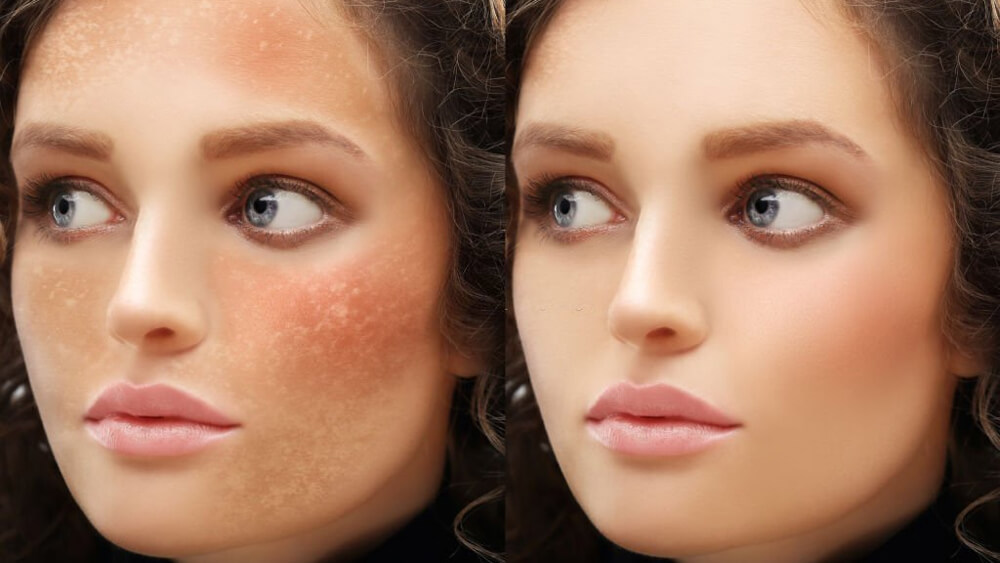One of the most difficult skin problems to cure is hyperpigmentation. This is partly owing to its persistent nature and the constant, unavoidable exposure to two of its key causes: the sun and hormones. Excessive melanin synthesis results in these patches, which can be caused by a variety of factors, including acne scars, sun damage, and even hormonal changes. You’re not the only one that has to struggle with hyperpigmentation. There are numerous treatment options for hyperpigmentation, which is a common skin problem.
What is hyperpigmentation?
Having spots of skin that are discolored and darker than your normal skin tone is known as hyperpigmentation. Small brown spots or huge brown patches can appear anywhere on the body, although the face, arms, and hands are the most common places to see it.
Hyperpigmentation can come in three forms:
- Sunspots, often known as age spots or liver spots, are common.
- Melasma
- Hyperpigmentation following an inflammatory event

Preventing Hyperpigmentation
Preventative measures are always better than cures. When it comes to hyperpigmentation, there are a few basic things you can do to lessen your chances of acquiring more in the future. Among them:
- Wearing sunblock all the time
- Preventing the use of hormone-based contraceptives as much as you can
- Acne spots or wounds should not be picked or tampered with.
Treatment for hyperpigmentation
As the source of your hyperpigmentation, it may be necessary to address an existing medical problem or discontinue taking a prescription. It is possible to seek medical help if home cures for pigmentation fail to produce desired outcomes. Among them:
- Microdermabrasion
- Hydrafacial
- Chemical peeling
- Resurfacing cryotherapy using high pulsed light

Cleansing hyperpigmentation
A good rule is to normally use the thinnest to thickest products. Using a toner or treatment pads after cleansing would be followed by the thinnest serum, followed by any thicker serums that you use. During the day, apply a moisturizer with an SPF of at least 30. Some products have only one active ingredient, so you might require additional products from that line to treat your skin concerns. To ensure that your skin receives all the nutrients it needs, you can layer or blend serums. A cleanser, vitamin C serum, retinol, eye serum, and a moisturizer with an SPF of 25 or higher are the bare minimums that most people use on a regular basis. It’s easier to identify which product caused irritation if you only use one new product at a time, so only use one new product at a time for three days before you introduce another one.
Treating hyperpigmentation routine
Most hyperpigmentation, including some that are irreversible, fades with time. Even though a few shades darker than your skin tone may diminish within six to twelve months, a deeper discoloration may take years to fade on its own. However, following these simple rules will fasten the process of healing.
- Cleanse and moisturize daily
- Always wear sunscreen
- Consider treatments for hyperpigmentation
- Treat acne early
- Eat a balanced diet

Treating hyperpigmentation in Vancouver
If you’re anxious about picking the proper treatment, you can call us directly or book an appointment online so we can help you with your skin condition. You can also visit our laser and skin care clinic in Vancouver in case you have hyperpigmentation or a skin type that is prone to it. Our dermatologists can determine the best treatment for you and suggest some next measures to get rid of those unsightly spots.


